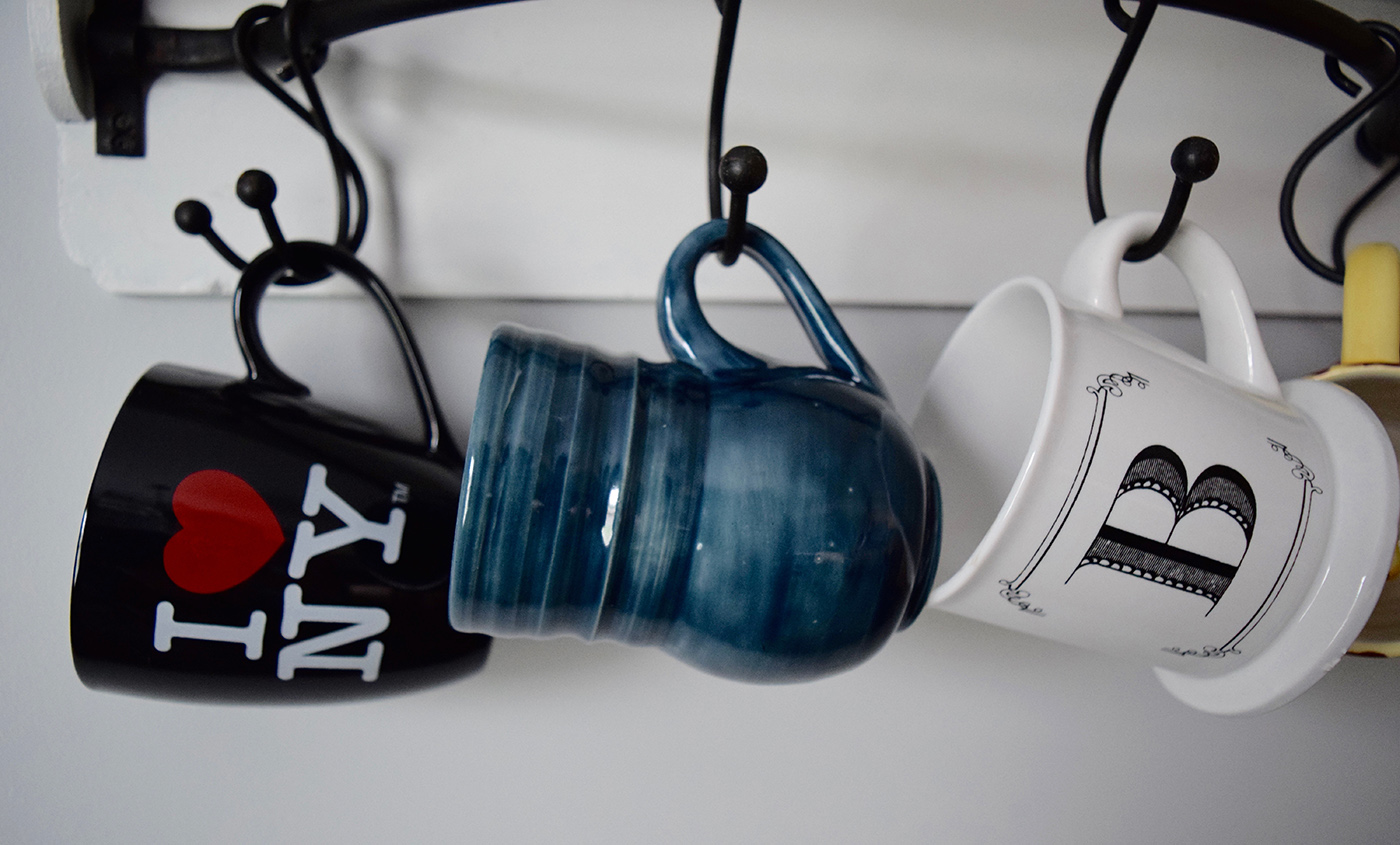Can Creativity be Learned?
This is the question I asked myself when I came up with the idea to organize creativity workshops for my colleagues. Creativity is not some secret knowledge or magical art. We don't inherit it in our genes. Creativity is a skill that can be practiced and improved.
Solving difficult problems sometimes requires a moment of enlightenment.
Such moments often come when we're relaxed, like in the shower or over a glass of good wine. When we're not tense about solving the problem.
Often we create something... out of boredom. Albert Einstein said that creativity is the residue of wasted time.
But there's another side to the coin: diligence, persistence, and consistency. Nietzsche put it well - all great artists and thinkers are hardworking people. Take Milton Glaser, for example, who once received a commission to create a slogan that would improve the image of New York City, which had a very bad reputation in the 1970s. The idea that came to him was simple and almost perfect: I love New York.
Glaser could have stopped there, but something kept bothering him.
He had a feeling something was still missing. And one day, stuck in traffic in a yellow New York taxi, he sketched on a scrap of paper a symbol that became the city's icon for years.

Steve Jobs once said that creativity is just connecting things. iPod, iPad, iPhone, MacBook aren't revolutionary inventions but rather innovations created by combining
existing objects with beautiful design and functionality. Similarly, the Wright brothers, who had experience in bicycle manufacturing, created an airplane - essentially a flying bicycle.
Johannes Gutenberg invented his printing press, inspired by the workings of a wine press.
So what is creativity?
There are at least several definitions. Creativity is entrepreneurship. A springboard for change, not art for art's sake.
Creativity is the ability to generate good ideas.
The skill to find solutions, combining generally available fragments of reality into a new whole.
Creativity is thinking outside the box, a chance to do something exceptional.
Creativity is the effective use of our brain's capabilities.
A passion for action and discovery. The ability to see things that seemingly can't be seen.
What fosters creativity? Many different things: rest, detachment from problems, relaxation like in the shower or sauna.
Finding inspiration in other people. Talking and interacting with people from different cultural or professional circles.
Reading books and magazines. Curiosity about the world and travel, experiencing other cultures. Simple curiosity.
In my case, physical activity like running works very well, serving as a form of meditation.
Many times during training, I've suddenly had an 'aha' moment!
How can we develop creativity in a company and make people think outside the box? Perhaps the most important thing is not to clip people's wings. Create a culture that doesn't punish mistakes. Show that trying is good. Remove fear and anxiety. Encourage risk-taking.
Encourage thinking "in reverse."
I recommend reading Marek Stączek's book "Creativity - How to Develop It in an Organization," which inspired me to organize creativity workshops, as well as reading the article "How to be Creative" by Jonah Lehrer, which appeared in the Wall Street Journal.
And the creativity workshops were conducted for us by Sylwia Sobiesiak and Dr. Marcin Capiga.

